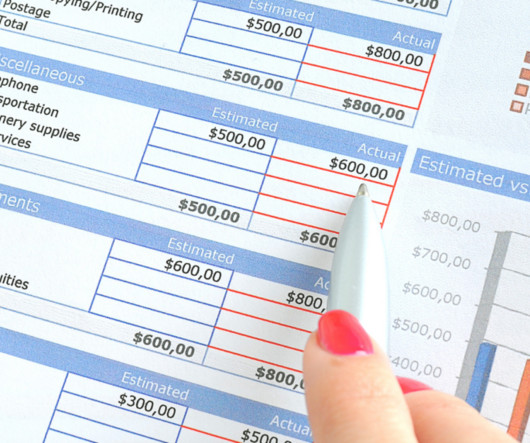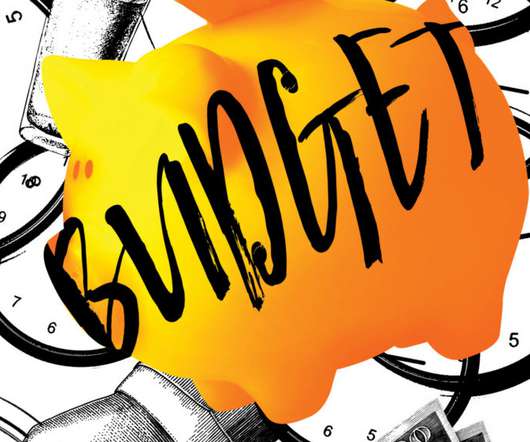Money Talks: Defining an Event Budget
TicketBud
DECEMBER 13, 2023
Event budgets also act as a risk management tool. This enables organizers to devise backup plans, forge partnerships, and negotiate favorable deals with vendors to ensure that the event stays on track throughout planning and execution. Whereas, starting too late can mean less options and premium rates.











Let's personalize your content